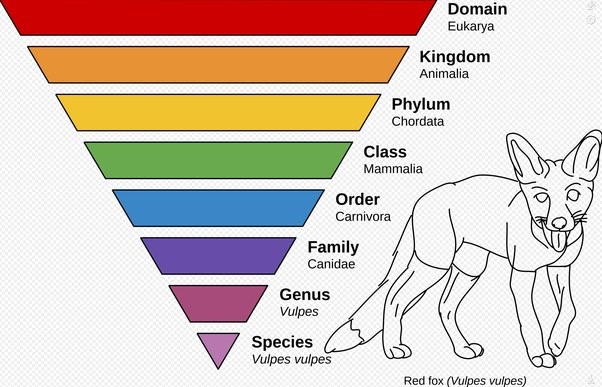SCIENTIFIC NAMING OF SPECIES

Disclaimer: Copyright infringement not intended.
Context
- In recent years, the field of taxonomy, the science of naming and classifying all living beings, has been witnessing a raging debate — whether species with objectionable scientific names should be renamed.
- These are names largely taken from problematic people, such as those linked to slavery and racism, or are linked to derogatory terms and racial slurs. Moreover, many want to entirely do away with the practice of naming animals and plants after a person.
What are some of the species with problematic names?
- The best known example of such a living being is Anophthalmus hitleri.
- Named after the former German Führer, Adolf Hitler, this rare blind beetle, popularly known as the Hitler beetle, was discovered in 1933 by “Oscar Scheibel, a German amateur entomologist and ardent Hitler fan, and is found in only around 15 caves in central Slovenia.”
How are species given their scientific names?
- Every species of animal or plant has two scientific names.
- The first name denotes the genus to which the species belongs. It is a generic name and is always capitalised.
- The second name identifies the species within the genus and is never capitalised. Both names are italicised.
- These names are usually of Latin or Greek origin. Oftentimes, species are named based on their distinctive features. “For example, the Sonoran mountain kingsnake, a beautiful red-, white-, and black-ringed creature, is called Lampropeltis pyromelana. The genus name means “beautiful shield” in Greek, and the species epithet means “black fire.
- But other times, organisms are named after people who discover them. They are also sometimes named in honour of somebody. These practices, as mentioned before, have been quite controversial in recent times.
Who makes the rules regarding giving scientific names to organisms?
- Although anybody can propose a name for a type of organism they think hasn’t been formally identified by anyone else, there are certain rules, or nomenclature codes, that they have to follow. For instance, a new name is considered to be valid only when it is published in an “openly distributed publication, and it must be accompanied by a detailed description of the specimens the author claims are typical for the group.”
- These nomenclature codes are governed by international bodies such as the International Commission of Zoological Nomenclature (ICZN) which governs the naming of animals, the International Code of Nomenclature for algae, fungi, and plants (ICNafp) that sees the naming of plants (including Cyanobacteria), and the International Code of Nomenclature of Bacteria (ICNB) that governs the naming of bacteria (including Archaea) and the International Committee on Taxonomy of Viruses (ICTV) that governs virus names.
Can a species’ offensive scientific name be changed?
- Doing away with a species’ offensive scientific name is unlikely. The primary reason is that “international committees show little appetite to be drawn into debates on what is and isn’t potentially offensive.
- Talking about the issue, the International Code of Botanical Nomenclature (ICBN) in its rulebook says, “The only proper reasons for changing a name are either a more profound knowledge of the facts resulting from adequate taxonomic study or the necessity of giving up a nomenclature that is contrary to the rules.”
- Similarly, ICZN recently refused to change problematic names, saying it’s “commitment to a stable and universal nomenclature remains the priority”.
|
PRACTICE QUESTION Q. How are species given their scientific names? What are the rules regarding giving scientific names to organisms? Give a detailed account. |




1.png)
